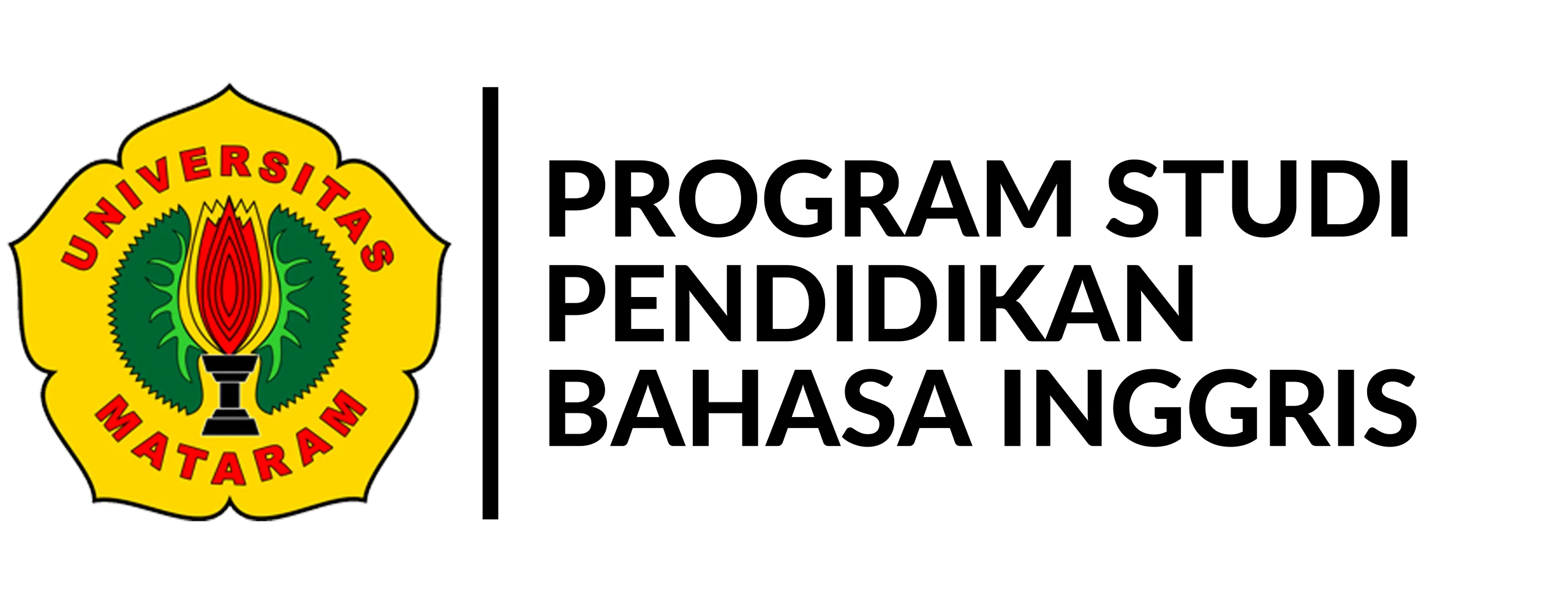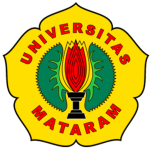Goals
Objectives in the Field of Learning
1. Quality Graduates: To produce graduates of the English Education Department who are of high quality, possess good morals, and demonstrate high competitiveness by applying participatory and collaborative learning models, as well as integrating Technological Pedagogical Content Knowledge (TPACK) to ensure the quality of student outcomes as prospective English teachers.
2. Entrepreneurial Spirit: To produce graduates with an entrepreneurial spirit who can effectively apply their knowledge for the development of the business sector in the field of English and are capable of creating their own job opportunities.
Objectives in the Field of Research and Publication
1. Competent Human Resources: To produce competent and professional human resources capable of conducting national and international research and scientific publications.
2. Enhancing Research Quality: To improve the quantity and quality of research and community service outputs, as well as English language learning initiatives, to support the enhancement of teaching and learning processes and the development of academic knowledge.
Objectives in the Field of Community Service
1. Responsive Human Resources: To produce human resources that are responsive to community needs and competent in conducting community service activities.
2. Enhancing Dissemination Quality: To improve the quality and quantity of dissemination of research findings and ideas through community service activities based on research outcomes.
Objectives in the Field of Strengthening Governance, Information Systems, and Collaboration (Networking)
1. Accountable Management Information: To develop a program management information system that is accountable and transparent.
2. Institutional Governance and Quality Improvement: To enhance institutional governance and the quality of internal and external services to provide professional service delivery.
3. Collaboration with Educational Partners: To strengthen collaboration with partners from the Education Sector (DP), Business Sector (DU), and Industry Sector (DI) at the local, regional, national, and international levels to support the improvement of the Tri Dharma of Higher Education and the Merdeka Belajar Kampus Merdeka (MBKM) program
Strategies
- Promote the English Education Department (PSPBIng) through various media, both print and non-print (social media), while leveraging alumni as promotion agents for PSPBIng.
2. Provide written profiles and videos highlighting the program’s strengths, published on the program’s website and social media platforms.
3. Enhance processes and outcomes according to the nine standards set by the Independent Accreditation Institution for Education (LAMDIK).
4. Conduct Academic Language and Learning Supports (ALLS) to help students achieve and improve their learning outcomes, including reaching a TOEFL score of 500.
5. Develop the curriculum based on the Indonesian National Qualifications Framework (KKNI), the National Higher Education Database (SNDIKTI), Outcome-Based Education (OBE), the Merdeka Belajar Kampus Merdeka (MBKM) initiative, and the Common European Framework of Reference for Languages (CEFR).
6. Provide RPS-RTM (Semester Learning Plans) and teaching materials with ISBN for all courses.
7. Implement learning models that support the development of students’ 4C competencies (Critical thinking, Creativity, Collaboration, and Communication) through participatory and collaborative classes, such as case-based, project-based, and problem-based learning.
8. Conduct periodic evaluations of the learning process (twice per semester) to enhance the learning outcomes and process.
9. Encourage students to participate in MBKM programs, whether through schemes from the Ministry of Education and Culture or independent schemes from the Faculty and Department.
10. Increase student involvement in research and community service led by lecturers through umbrella research schemes.
11. Facilitate the publication of research by students and lecturers in national and international scientific journals.
12. Conduct tracer studies on alumni and user satisfaction periodically and continuously.
13. Enhance the professional capacity of lecturers through various academic activities at local, national, and international levels, such as workshops, lesson study for learning communities, international conferences, internships, symposiums, and more.

